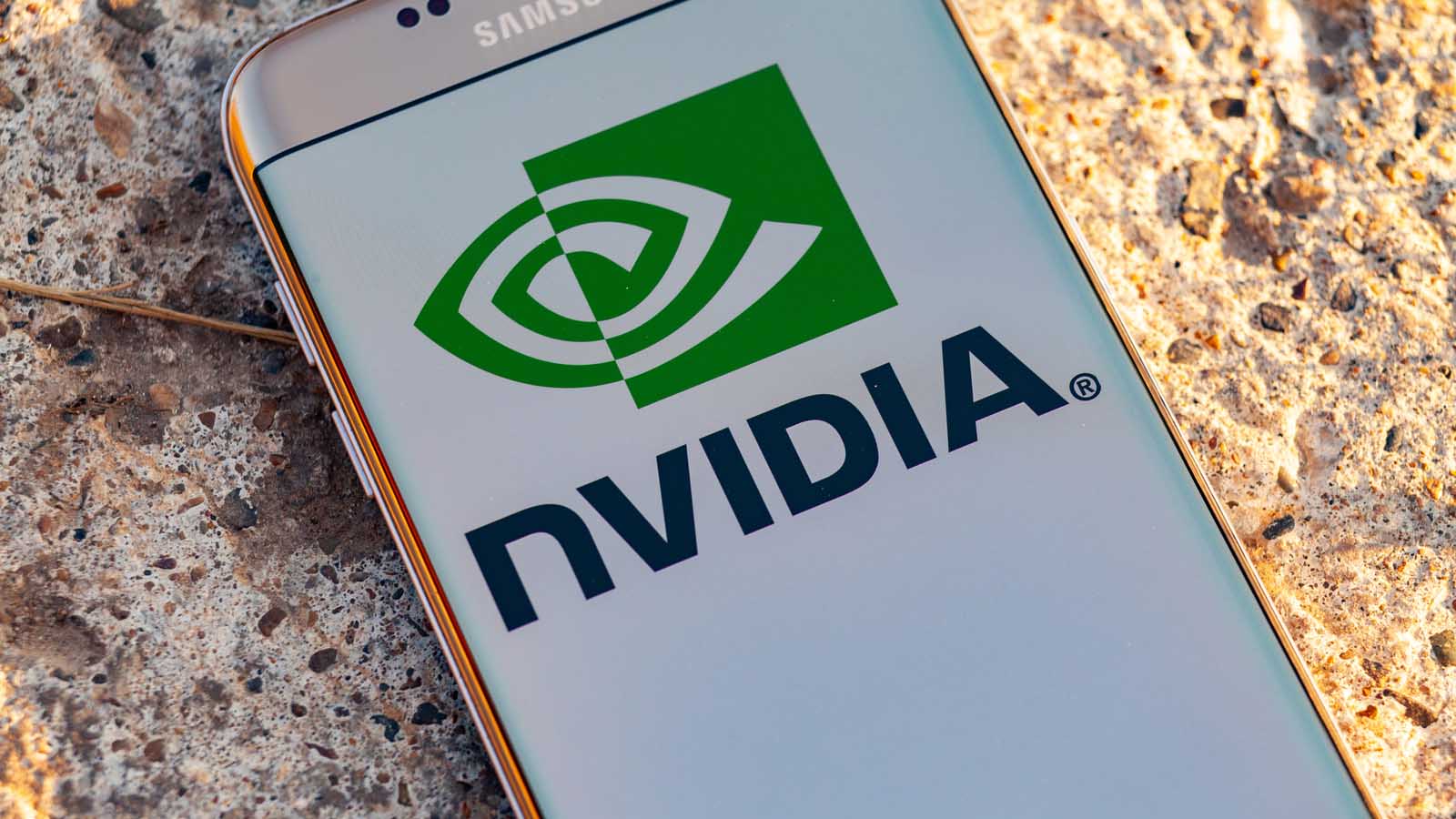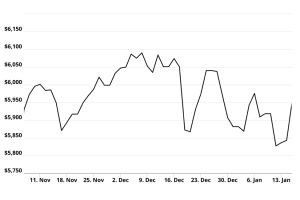
This week, Capitol Hill has been highly focused on artificial intelligence (AI). More specifically, government officials have been focused on how AI should be regulated. Tech leaders, including Elon Musk and Mark Zuckerberg, recently gathered in Washington D.C. to discuss the sector’s fastest growing market. Musk claims that this resulted in an “overwhelming consensus” that regulation is necessary.
That certainly seems to be true. Tech innovators across Silicon Valley have opted to voluntarily join the White House AI safety pledge. At the center of this growing list is 2023 breakout stock Nvidia (NASDAQ:NVDA).
Of course, news of the company taking a pledge that requires it to “voluntarily follow standards for safety, security and trust” might cause some investors to wonder what this means for NVDA stock. But the way it looks from here, there isn’t much cause for concern.
NVDA Stock Post White House AI Safety Pledge
No company has turned more heads for the right reasons this year than Nvidia. The chipmaker has emerged as one of the dominant stocks of the tech sector, riding the AI boom to a trillion dollar market cap. With NVDA stock up more than 200% year-to-date (YTD), its difficult to not be impressed with the company’s progress. Now, Nvidia seems to be leading the way for AI companies to get on board with the government’s plans to hold them to a higher standard.
As NVDA stock has struggled this week, it’s easy to see how this could look like bad news. But does this mean that investors should be alarmed?
Not necessarily. True, Nvidia and other leading tech stocks are agreeing to a pledge that centers around safety measures. Sometimes this type of action from the federal government can limit a company’s progress. Therefore, it’s understandable why some investors could be nervous at this news.
The pledge’s eight safety commitments are listed below:
- Internal and external security testing of AI systems before they are released.
- The sharing of information across the industry “with governments, civil society, and academia on managing AI risks.”
- A committed investment in “cybersecurity and insider threat safeguards to protect proprietary and unreleased model weights.”
- The facilitation of third-party discovery as well as the reporting of vulnerabilities in AI systems.
- The public reporting of all AI systems’ “capabilities, limitations, and areas of appropriate and inappropriate use.”
- Prioritized research on the “societal risks that AI systems can pose, including on avoiding harmful bias and discrimination, and protecting privacy.”
- A committed development of AI for advanced systems to “help address society’s greatest challenges.”
What It Really Means
It’s important to take a macro look at a story like this. Firstly, NVDA stock has been struggling this week due to negative market momentum. Other companies that have taken the pledge include big data analytics leader Palantir (NYSE:PLTR) and software maker Adobe (NASDAQ:ADBE). Both firms are also in the red for the week.
Secondly, nothing about the White House AI safety pledge necessarily harms the pledging companies. In fact, some stand to benefit from the commitments. That includes the commitment to further investment in cybersecurity measures, which could protect against any future threats. Additionally, if companies further their use of AI for beneficial purposes, it could lead to catalysts that could lift share prices. Think of how much shares will soar if a publicly traded company makes a breakthrough in cancer detection technology, for instance.
At the end of the day, there’s little chance that any of these safety commitments will hold down a company like Nvidia. NVDA stock has proven that it can hold its own against highly unfavorable market conditions. In fact, taking this important step to further its relationship with the government is more likely to boost shares long-term. That may hold even more true for companies like Palantir, which has a long history of procuring lucrative government contracts.
On the date of publication, Samuel O’Brient did not hold (either directly or indirectly) any positions in the securities mentioned in this article. The opinions expressed in this article are those of the writer, subject to the InvestorPlace.com Publishing Guidelines.



